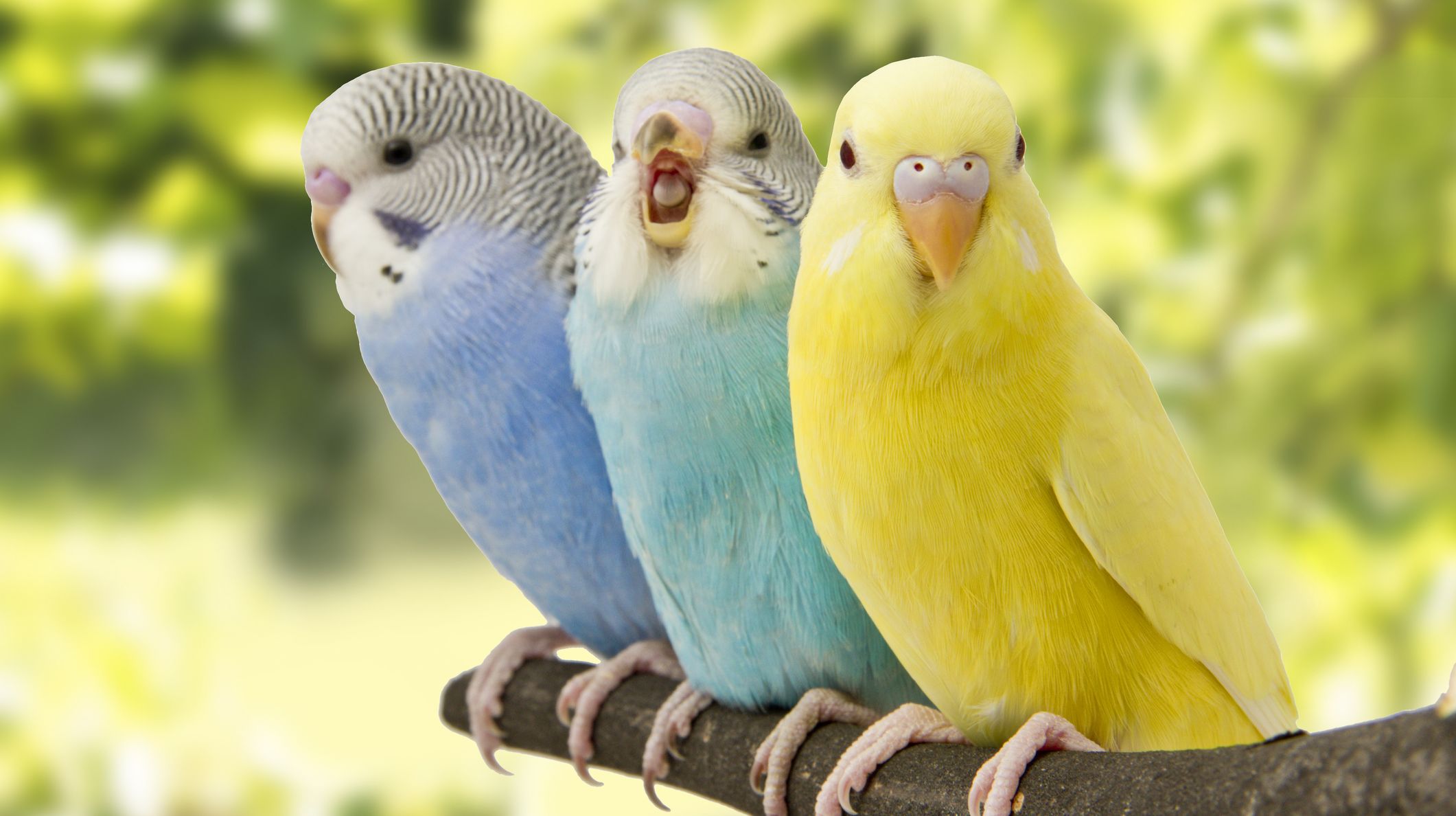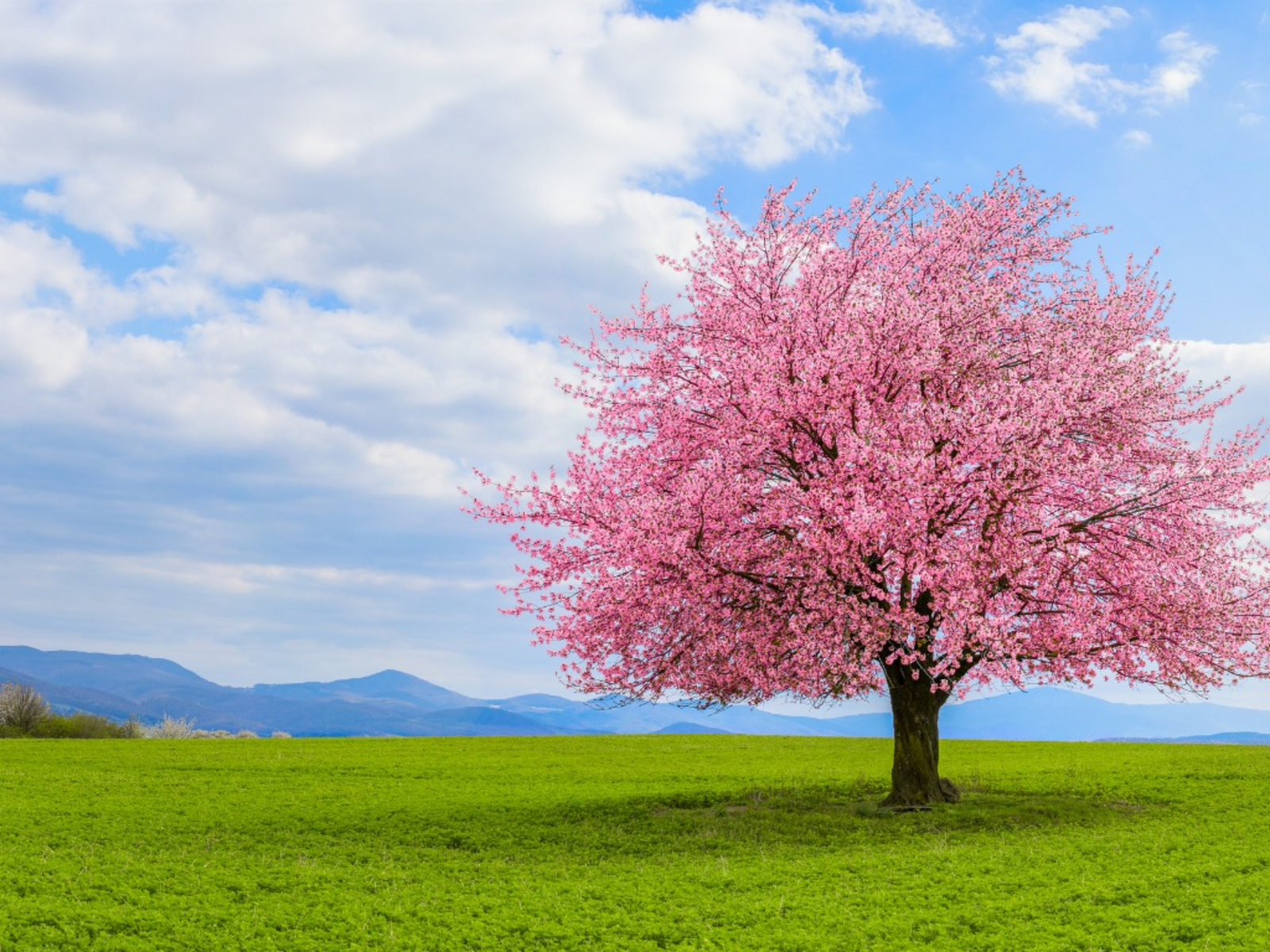BEAUTY for Class 6 ENGLISH
THEME
Beauty is a 3 stanza poem in which the poet explains the idea of beauty. For him, beauty is in everything. It can be seen, it can be heard and it can be felt. In each stanza, the poet describes one type of beauty.
THEME
Beauty is a 3 stanza poem in which the poetess explains the idea of beauty. For him, beauty is in everything. It can be seen, it can be heard and it can be felt. In each stanza, the poet describes one type of beauty.
EXPLANATION
'Beauty' ek 3 stanza kavita hain jismein kavyitri (poetess) saundarye (beauty) ke vichar ki vyakhya (explain) karti hain. Kavyitri ke liye sundarta har cheez mein hain. Sundarta ko dekha ja sakta hain, suna ja sakta hain aur mehsoos kiya ja sakta hain. Pratyek stanza mein kavyitri ek prakar ke saundarye ka varnan karti hain.
EXPLANATION
'ब्यूटी' एक ३ छंद कविता है जिसमें कवयित्री सौंदर्य के विचार की व्याख्या करती है। कवयित्री के लिए सुंदरता हर चीज में है। सुंदरता को देखा जा सकता है, सुना जा सकता है और महसूस किया जा सकता है। प्रत्येक छंद में कवयित्री एक प्रकार के सौन्दर्य का वर्णन करती है।
ABOUT THE AUTHOR
E-Yeh-Shure is the pen name of Louise Abeita, a Native American writer, who also went by the name of Blue Corn. She was born in Isleta Pueblo, New Mexico, on September 9, 1926.
ABOUT THE AUTHOR
E-Yeh-Shure is the pen name of Louise Abeita, a Native American writer, who also went by the name of Blue Corn. She was born in Isleta Pueblo, New Mexico, on September 9, 1926.
EXPLANATION
E-Yeh-Shure American lekhika, Louise Abeita ka kalam naam hain, jo Blue Corn ke naam se bhi jaani jaati hain. Unka janam 9 September, 1926 ko Isleta Pueblo, New Mexico mein hua tha
EXPLANATION
ई-ये-शूरे मूल अमेरिकी लेखिका लुईस अबीता का कलम नाम है, जो ब्लू कॉर्न के नाम से भी जानी जाती है। उनका जन्म 9 सितंबर, 1926 को इस्लेटा पुएब्लो, न्यू मैक्सिको में हुआ था।
STANZA 1

Beauty is seen
In the sunlight,
The trees, the birds,
Corn growing and people working
Or dancing for their harvest.
STANZA 1

Beauty is seen
In the sunlight,
The trees, the birds,
Corn growing and people working
Or dancing for their harvest.
IMPORTANT WORDS
Harvest: the process or period of gathering in crops, फसल
Growing: becoming greater over a period of time; increasing, बढ़ रही है
IMPORTANT WORDS
Harvest: the process or period of gathering in crops, फसल
Growing: becoming greater over a period of time; increasing, बढ़ रही है
EXPLANATION

Kavita ki inn lines mein kavyitri uss saundarye ke baare mein baat karti hain jise dekha ja sakta hain. Unke anusaar, hum sooraj ki roshini, pedho (trees), pakshiyon, makai (corn) ugane wale, kheto mein kaam karne wale logo, yahan tak ki fasal ke samay makka ki sundarta dekh sakte hain. Dusri shabdo mein, sundarta dekhi ja sakti hain jaise sooraj ki roshini, pedho ke haare rang mein, pakshiyon ke udhne mein, kheto mein ugne wali faslo mein. Hum un pursho (men) mein bhi sundarta dekh sakte hain jo apne kheto mein kadi mehnat karte hain aur jab veh fasal dekh kar khushi se nachte hain.
EXPLANATION

कविता की इस पंक्ति में कवयित्री उस सौन्दर्य के बारे में बात करती है जिसे देखा जा सकता है। उनके अनुसार, हम सूरज की रोशनी, पेड़ों, पक्षियों, मकई उगाने वाले, खेतों में काम करने वाले लोगों, यहाँ तक कि फसल के समय (मक्का) की सुंदरता देख सकते हैं। दूसरे शब्दों में, सुंदरता देखी जा सकती है जैसे सूरज की तेज रोशनी, पेड़ों के हरे रंग में, पक्षियों के उड़ने में, खेतों में उगने वाली फसलों में। हम उन पुरुषों में भी सुंदरता देख सकते हैं जो अपने खेतों में कड़ी मेहनत करते हैं और जब वे फसल देख कर खुशी से नाचते हैं।
STANZA 2

Beauty is heard
In the night,
Wind sighing, rain falling,
Or a singer chanting
Anything in earnest.
STANZA 2

Beauty is heard
In the night,
Wind sighing, rain falling,
Or a singer chanting
Anything in earnest.
IMPORTANT WORDS
Sighing: relief, tiredness, लम्बी सांस
Earnest: resulting from or showing sincere and intense conviction, बयाना
IMPORTANT WORDS
Sighing: relief, tiredness, लम्बी सांस
Earnest: resulting from or showing sincere and intense conviction, बयाना
EXPLANATION
Iss stanza mein kavyitri uss saundarye ke baare mein baat karti hain jise suna jaa sakta hain. Unke anusaar, har raat mein, hawa ki aahon (sound of wind) mein, baarish ke girne mein, yahan tk ki ek gayak ki awaaz mein bhi sundarta sun sakte hain jab koi gayak josh ke sath geet gaata hain. Shabd sundarta unn awaazon mein nihit hain jo keval raat ke samay hi aati hain. Jab hawa chalti hain yaa jab baarish hoti hain yaa jab koi junoon aur madhur awaaz mein gaata hain tab hi hum sundarta ko sun sakte hain.
EXPLANATION
इस श्लोक में कवयित्री उस सौन्दर्य के बारे में बात करती है जिसे सुना जा सकता है। उनके अनुसार, हम रात में, हवा की आहों (उड़ाने) में, बारिश के गिरने में यहाँ तक कि एक गायक की आवाज़ में भी सुंदरता सुन सकते हैं जब कोई गायक जोश और समर्पण के साथ गीत गाता है। शब्द सुंदरता उन आवाजों में निहित है जो केवल रात के समय ही आती हैं। जब हवा चलती है या जब बारिश होती है या जब कोई जुनून और मधुर आवाज़ में गाता है तब ही हम सुंदरता को सुन सकते हैं।
STANZA 3
Beauty is in yourself.
Good deeds, happy thoughts
That repeat themselves
In your dreams,
In your work,
And even in your rest.
STANZA 3
Beauty is in yourself.
Good deeds, happy thoughts
That repeat themselves
In your dreams,
In your work,
And even in your rest.
IMPORTANT WORDS
Repeat: say again something one has already said, फिर से कहना
IMPORTANT WORDS
Repeat: say again something one has already said, फिर से कहना
EXPLANATION

Iss stanza mein poetess uss saundarye ki baat karti hain jo swayam (khud se) mein hain aur jisse mehsoos kiya jaa sakta hain. Unke anusaar hum insaano mein sundarta hoti hain. Hum isse ache karam karke, sukhad vichar rakhte hue mehsoos kar sakte hain, jo khud ko duharte (repeat) hain yaani humare sapno mein phir se aate hain, kaam karte hain, yahan tak ki jab hum aaram karte hain tab bhi hum ache kaam karke aur achi soch rakhkar apne aap mein sundarta mehsoos kar sakte hain. Aisa karne se hum ache sapne dekhenge, acha kaam karenge aur aaram karte hue bhi acha mehsoos karenge. Isliye antim stanza mein, kavyitri hume acha karne aur acha sochne ki salah (suggestion) deti hain taaki hum apne jeevan ka poora anand utha sake.
EXPLANATION

इस श्लोक में कवयित्री उस सौन्दर्य की बात करती है जो स्वयं में है और जिसे महसूस किया जा सकता है। उनके अनुसार हम इंसानों में सुंदरता होती है। हम इसे अच्छे कर्म करके, सुखद विचार रखते हुए महसूस कर सकते हैं, जो खुद को दोहराते हैं यानी हमारे सपनों में फिर से आते हैं, काम करते है, यहाँ तक कि जब हम आराम करते हैं तब भी हम अच्छे काम करके और अच्छी सोच रख कर अपने आप में सुंदरता महसूस कर सकते हैं। ऐसा करने से हम अच्छे सपने देखेंगे, अच्छा काम करेंगे और आराम करते हुए भी अच्छा महसूस करेंगे। इसलिए, अंतिम छंद में, कवयित्री हमें अच्छा करने और अच्छा सोचने की सलाह देती है ताकि हम अपने जीवन का पूरा आनंद उठा सकें।
SUMMARY

SUMMARY

EXPLANATION
EXPLANATION
POETIC DEVICES
A typical poetic device called enjambment is used throughout the entire poem.
POETIC DEVICES
A typical poetic device called enjambment is used throughout the entire poem.
QUESTION AND ANSWER
Question 1. What do you think this means? Have you ever ‘heard’ a song in your head, long after the song was sung or played?
Answer: The sound of a child’s laughter is also beautiful. Keats means that poems that one keeps on chanting in his mind are a greater source of happiness than the one which is heard from someone.
Question 2. Read the first and second stanzas of the poem again. Note the following phrases, corn growing, people working or dancing, wind sighing, rain falling, a singer chanting These could be written as
Can you rewrite the other phrases like this? Why do you think the poet uses the shorter phrases?
Answer:
The poet uses the shorter phrases to enhance its beauty and for creating musical effect.
Question 3. Write a paragraph about beauty. Use your own ideas along with the ideas in the poem. (You may discuss ideas with your partner)
Answer: A beautiful thing brings a smile to everyone that sees or feels it. A beautiful blessing of nature or lap of mother, cuddling of siblings, reading about great people give happiness and an endless immortal feel. In nature, everyone has a different kind of beauty. It depends on one’s perspective that how he or she sees it.
QUESTION AND ANSWER
Question 1. What do you think this means? Have you ever ‘heard’ a song in your head, long after the song was sung or played?
Answer: The sound of a child’s laughter is also beautiful. Keats means that poems that one keeps on chanting in his mind are a greater source of happiness than the one which is heard from someone.
Question 2. Read the first and second stanzas of the poem again. Note the following phrases, corn growing, people working or dancing, wind sighing, rain falling, a singer chanting These could be written as
Can you rewrite the other phrases like this? Why do you think the poet uses the shorter phrases?
Answer:
The poet uses the shorter phrases to enhance its beauty and for creating musical effect.
Question 3. Write a paragraph about beauty. Use your own ideas along with the ideas in the poem. (You may discuss ideas with your partner)
Answer: A beautiful thing brings a smile to everyone that sees or feels it. A beautiful blessing of nature or lap of mother, cuddling of siblings, reading about great people give happiness and an endless immortal feel. In nature, everyone has a different kind of beauty. It depends on one’s perspective that how he or she sees it.
EXTRA QUESTION AND ANSWER
Question 1. What does the poet mean by ‘beauty heard in the night’?
Answer: The poet says that as one cannot see at night, yet the sounds can be heard.
Question 2. What can be heard at night?
Answer: Melodious sound of the wind sighing, falling of raindrops, and singing of songs can be heard at night.
Question 3. Why is it so that one can listen clearly at night?
Answer: One can listen to the sound clearly at night because most of the activities take place during the day and at night they come to a halt.
Question 4. What is the antonym of 'earnest’?
Answer: The antonym of earnest is insincere.
EXTRA QUESTION AND ANSWER
Question 1. What does the poet mean by ‘beauty heard in the night’?
Answer: The poet says that as one cannot see at night, yet the sounds can be heard.
Question 2. What can be heard at night?
Answer: Melodious sound of the wind sighing, falling of raindrops, and singing of songs can be heard at night.
Question 3. Why is it so that one can listen clearly at night?
Answer: One can listen to the sound clearly at night because most of the activities take place during the day and at night they come to a halt.
Question 4. What is the antonym of 'earnest’?
Answer: The antonym of earnest is insincere.
GLOSSARY
Harvest: the process or period of gathering in crops, फसल
Growing: becoming greater over a period of time; increasing, बढ़ रही है
Sighing: relief, tiredness, लम्बी सांस
Earnest: resulting from or showing sincere and intense conviction, बयाना
Repeat: say again something one has already said, फिर से कहना
GLOSSARY
Harvest: the process or period of gathering in crops, फसल
Growing: becoming greater over a period of time; increasing, बढ़ रही है
Sighing: relief, tiredness, लम्बी सांस
Earnest: resulting from or showing sincere and intense conviction, बयाना
Repeat: say again something one has already said, फिर से कहना